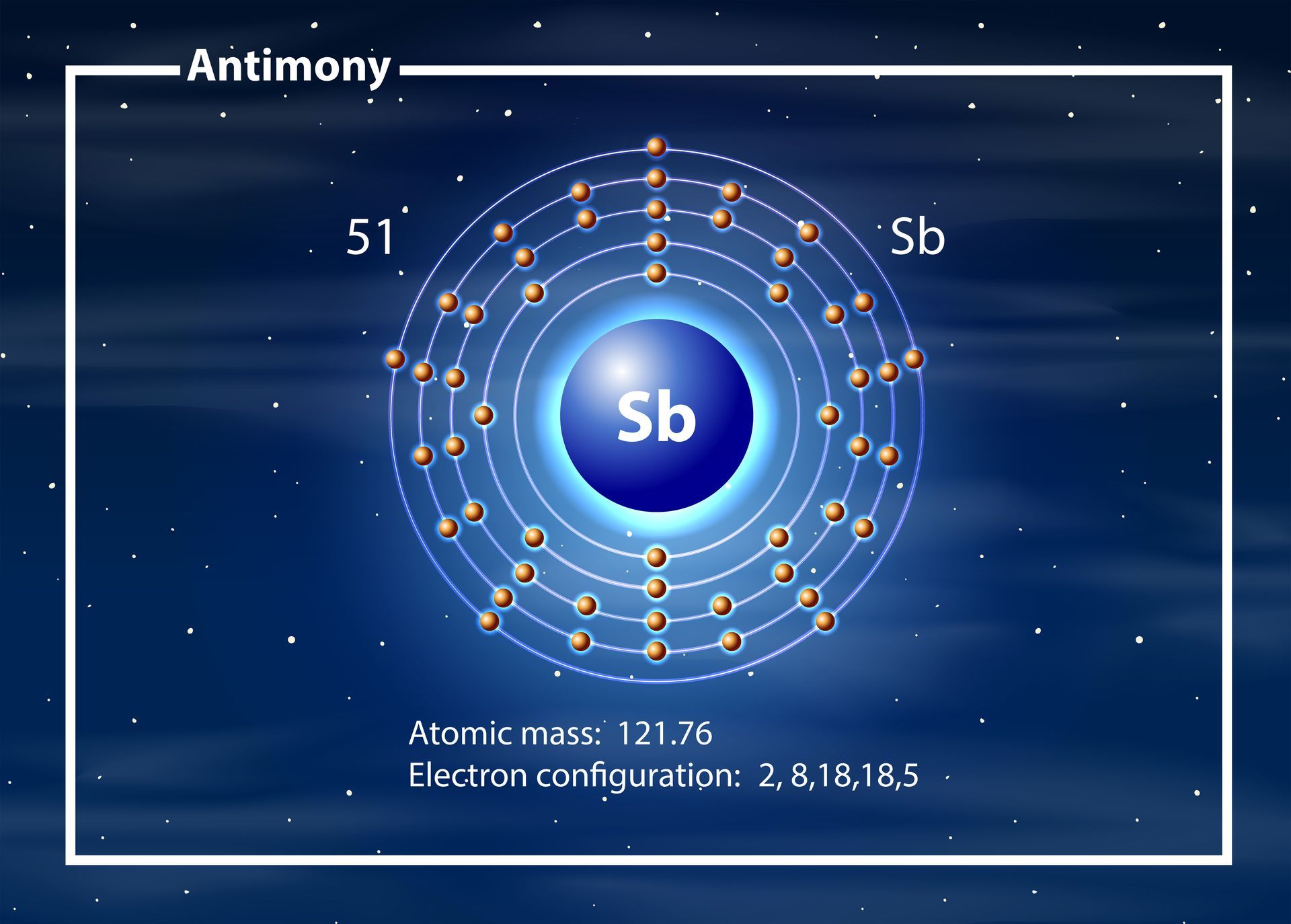Thursday's Columns
January 2, 2025
Latest Mail
from
Eric Chaet

Eric Chaet
Responding To our
Ace Reporter's
Christmas Column
That RAN Last Week
It is glorious, but very rare, when we can help someone, even ourselves, whose suffering we suddenly become aware of.
More often, whatever help comes, if any, comes from what we or someone else did in the past.
We get, from people who were some of the time heroic, great ideas we can use — understanding, purpose — or equipment or supplies that would otherwise have been unavailable, or on-going arrangements we can make use of, that do us more good than harm.
But there is usually little or nothing we can do about someone’s suffering that we become aware of, right now — including our own.
We become aware of our, at least relative, impotence — as well as the suffering we are unable to alleviate. It grieves us. We are suffering, now, even if we weren’t before — & we have done no one any good, since the instant of awareness.
But just as what we have done in the past & what others have done in the past, provide whatever help there is, so, what we do now — tho we can’t immediately help the one whose suffering we have just become aware of — might, at least, help someone in the future.
Even then, few of us are receptive to available help, either too sorry for ourselves to seize the opportunity, or too involved in campaigns we have embarked on, in hopes of putting ourselves into relatively invulnerable positions.
Whoever experimented & discovered what plants we could eat, that provide nutrition without poisoning us, is helping us, even now.
Likewise, on the whole, Edison has probably helped us, tho he & others since have tried to siphon off the advantage, at everybody else’s expense.
The same could be said for what Siddhartha Gautama (“the Buddha”), Lao Tzu, Socrates, & Jesus managed to transmit thru the centuries to us. But there are people now, probably but not necessarily on a smaller scale, providing help — but not quite right now.
Whether it will be like this always, or humanity will destroy itself, or humanity will become relatively or absolutely enlightened & evolve into a species that is not at war with itself, that, on the whole, cooperates, advantageously — I don’t know.
To feel sorrow at others’ suffering, about which you can do nothing, is a sign that you are alive, & have not succumbed to the usual immoral or amoral death-spirals of the spirit.
All the suffering going on in this world, right now, is terrible. It causes me to think, I can do nothing, why the hell am I saying anything? Who am I to say anything?
But saying is one way of doing — different than inventing electric lights or setting up the first generating station — before all the pollution that followed from all the imitation without realization that more of what was good might not be unmitigatedly good, & might even, eventually, become more bad than good — tho some people made fortunes developing the electric “utilities” — different — whether less or more good probably depending on circumstances — everyone’s circumstances, the circumstances of the people you are most involved with, maybe your ethnicity’s or nation’s, your own particular circumstances.
Anyway, you do what you can do, when you can do it. You aim for the best consequences your wisdom-so-far & lack of wisdom-so-far allow.
There will be consequences — helpful, if you’re doing what you’re doing effectively — & becoming effective is part of what you do as long as you live, or at least as long as you can.
I call that changing the world forever for better.
I hope Culley Jane is well, now -- please tell her. Your columns help me. Last week’s was excellent.
--30--
Our
Story
by
Lawrence Abby Gauthier
ace reporter
The Westphalia Periodic News

We used to mine antimony in America. Especially when we were at war. It’s officially classified as a “strategic war material.” As an alloy, in trace amounts, it hardens the lead used in car batteries, bullets and artillery shells. Antimony-annealed lead was first used in the 19th century to increase the lethality of artillery rounds by a British Major-General named Henry Shrapnel, as in bomb shrapnel.
According to the US Geological Survey, Bureau of Mines, during the first 14 years of the 20th century, America's domestic mine production of antimony averaged about 200 mts/y (metric tons per year). As WWI appeared on the horizon, however, domestic mine production more than quadrupled, reaching 1,910 mts in 1915 and 1,610 mts in 1916.
It was the same thing during WWII. During the Interwar Period, American mine production averaged about 175 mts/y, mostly for car batteries. The year we entered WWII, however, production was ratcheted up to 1,100 mts in 1941, peaking at 5,048 mts in 1943.
For most of the last half of the 20th century, annual domestic mine production of antimony averaged about 500 mts/y. Only during the Korean and Vietnam years did it again rise briefly to above 1,000 mts/y.
America’s last antimony mine was boarded up at the start of the 21st century and domestic production has been zero ever since. It was cheaper to get it from China where they didn’t have to worry too much about environmental regulations.
I’ve been reading in the news that China has decided to embargo all shipments of antimony to America.
I was thinking about antimony one nice day this past week. After a good swim at the county recreation center, I went back home feeling loose and youthful. I decided to split and stack some firewood out in the backyard, but I overdid it and that night I fell asleep in an unorthodox position and in the morning woke with an aching back and a disquieting thought — that I needed others, maybe as much as, or more than, they needed me; that maybe I wasn’t really the center of the one and only galaxy; that if we wanted to get a morning fire going in the fireplace, Culley Jane would have to bring in the wood. I couldn’t touch my toes.
I felt needy. I didn’t like the way it felt. I never did.
As soon as I learned how to talk, I told my parents that I could do it myself; that they could count on me to get ‘er done all on my own.
My whole working life was bringing to others the things they need — as a reporter, I brought the news; as a nurse, I brought the bedpan and morphine; as a trucker, I brought everything else.
Then one morning, I wake from a lifelong dream and need my wife -- a girl! -- to bring in the wood — A girl, my Lord, slowin’ down to take look at me as I hobble off to the bathroom.
I need one of the kids to help me with the ap I need to see the doctor.
I need Brazilian workers and Chinese ships to bring me the coffee I need in the morning.
Someday I’ll need a machine to help me hear, a pill to help me pee.
Some mornings when I wake with an aching back, I feel like I’m dangling at the end of a spidery thread while a great unknown, just offstage, sharpens a dirty knife.
The only thing I can do on my own is think and feel. I feel needy. Vulnerable. Not in control. Instead of shaping events, I’m just waiting for the next thing to happen. Remembering all the bad things I’ve done in my life, I feel I have no right to expect the next thing will be what I want.
Waiting for the next boot to drop, maybe on your neck, can make a person crazy, maybe make a person do something crazy.
That’s where America is right now, waking up from a lifelong dream with an aching back, realizing that we need others as much as they need us.
America needs antimony to make artillery shells to keep the wars going.
China has all the antimony and last month decided to cut America off, like mom saying “no” to a thin slice of cherry pie just before dinner, for no better reason than that mom needed us too.
